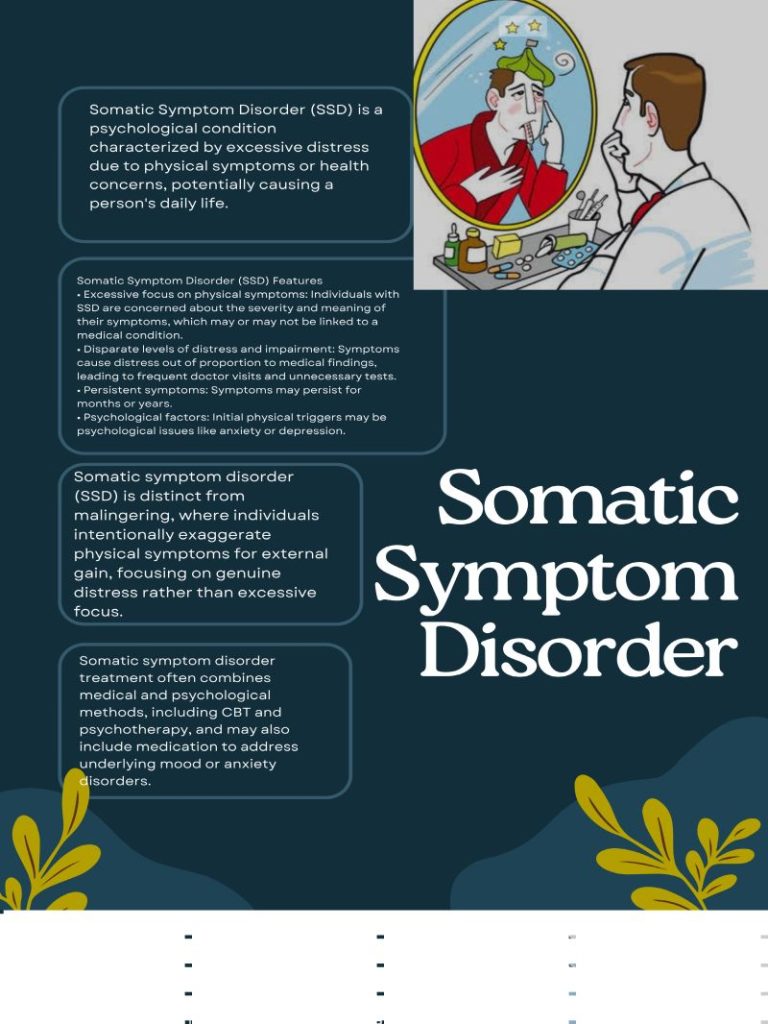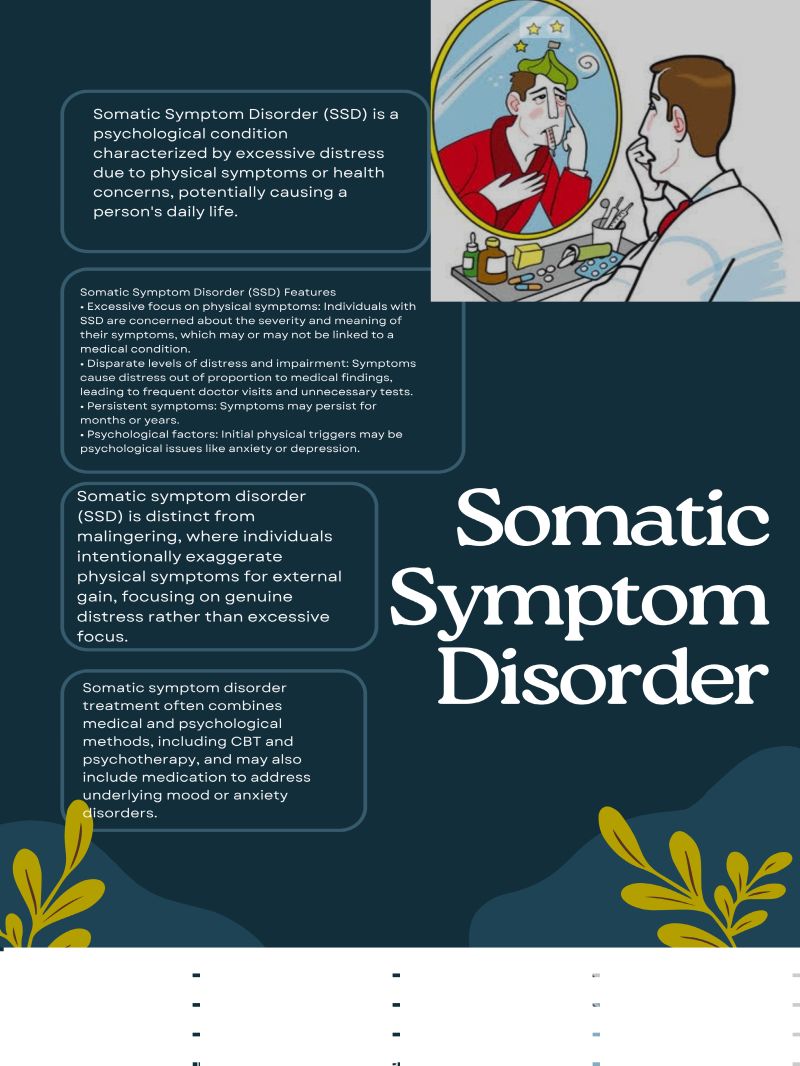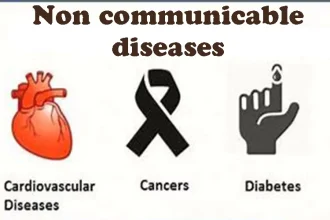In the realm of health, some issues remain shrouded in mystery, and their impact is often underestimated or misunderstood. Somatic health problems fall into this category, affecting millions worldwide yet often overshadowed by more apparent conditions. Today, we delve into the depths of somatic health issues, shedding light on their hidden impact, particularly their intricate connection with depression.

Understanding Somatic Health Problems:
Somatic health issues encompass a wide array of physical ailments that manifest as bodily symptoms without a clear underlying medical cause. These can range from chronic pain disorders like fibromyalgia and irritable bowel syndrome (IBS) to tension headaches, back pain, and unexplained fatigue. Unlike traditional medical conditions with identifiable physiological origins, somatic health problems often puzzle both patients and healthcare professionals due to their elusive nature.
The Hidden Somatic Health Issues:
While somatic health problems may not always present obvious physical manifestations, their impact on individuals’ lives can be profound. From debilitating pain and fatigue to disruptions in daily functioning, these issues can significantly impair the quality of life, leading to emotional distress and mental health struggles. Moreover, the invisible nature of somatic symptoms can evoke scepticism and disbelief from others, exacerbating feelings of isolation and frustration in those affected.
The Link with Depression:
One of the most significant but often overlooked aspects of somatic health issues is their intricate connection with depression. Research has shown a bidirectional relationship between somatic symptoms and depression, with each exacerbating the other in a vicious cycle. Individuals with chronic pain or unexplained physical symptoms are at a higher risk of developing depression, while those with depression may experience heightened somatic complaints.
Somatic Health issue and Depression:
Exploring the LSI (Latent Semantic Indexing):
LSI, or latent semantic indexing, offers a deeper understanding of the relationship between somatic health issues and depression. It reveals the interconnectedness of these concepts, highlighting shared underlying factors such as neurobiological pathways, psychological distress, and impaired coping mechanisms. By examining the semantic similarities between these terms, we uncover the nuanced ways in which somatic health issues and depression intersect, influencing one another’s onset, severity, and prognosis.
Recognizing the Signs:
Recognizing the signs of somatic health issues and depression is crucial for early intervention and effective management. Individuals experiencing persistent physical symptoms without a clear medical explanation should seek medical evaluation to rule out underlying conditions. Likewise, those grappling with feelings of sadness, hopelessness, or loss of interest in activities they once enjoyed should consider consulting a mental health professional.
Treatment Approaches:
Treatment for somatic health issues and depression often involves a multidisciplinary approach tailored to the individual’s needs. This may include a combination of medication, psychotherapy, lifestyle modifications, and complementary therapies such as acupuncture or mindfulness practices. Addressing both the physical and psychological aspects of these conditions is essential for comprehensive care and improved outcomes.
Breaking the Stigma:
Breaking the stigma surrounding somatic health issues and depression is paramount in promoting understanding, empathy, and access to appropriate care. Education and awareness campaigns can help dispel misconceptions and foster a supportive environment for those affected. By encouraging open dialogue and destigmatizing discussions around mental and physical health, we can create a more inclusive society where individuals feel empowered to seek help without fear of judgment or discrimination.
Conclusion:
The hidden impact of somatic health issues extends far beyond the realm of physical discomfort, intertwining with mental health in profound ways. By unraveling the complexities of this relationship and embracing a holistic approach to care, we can pave the way for improved outcomes and enhanced well-being for all. Let us continue to shine a light on the hidden struggles of somatic health issues, fostering compassion, understanding, and healing in our communities.






